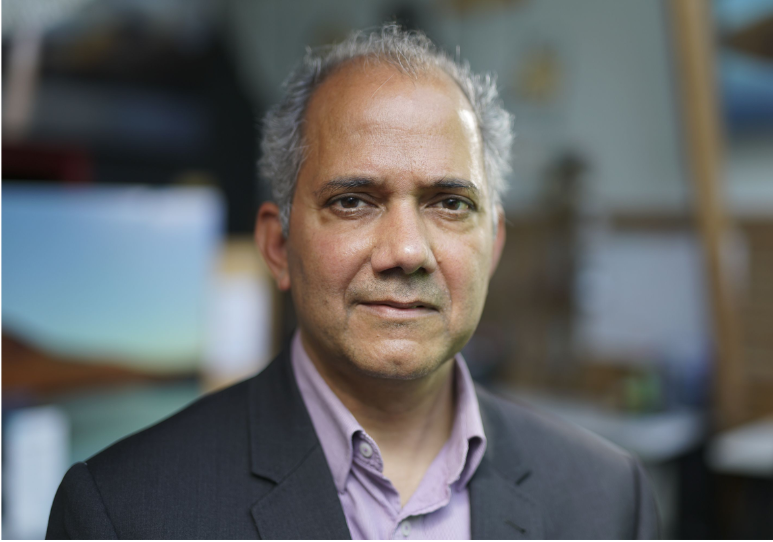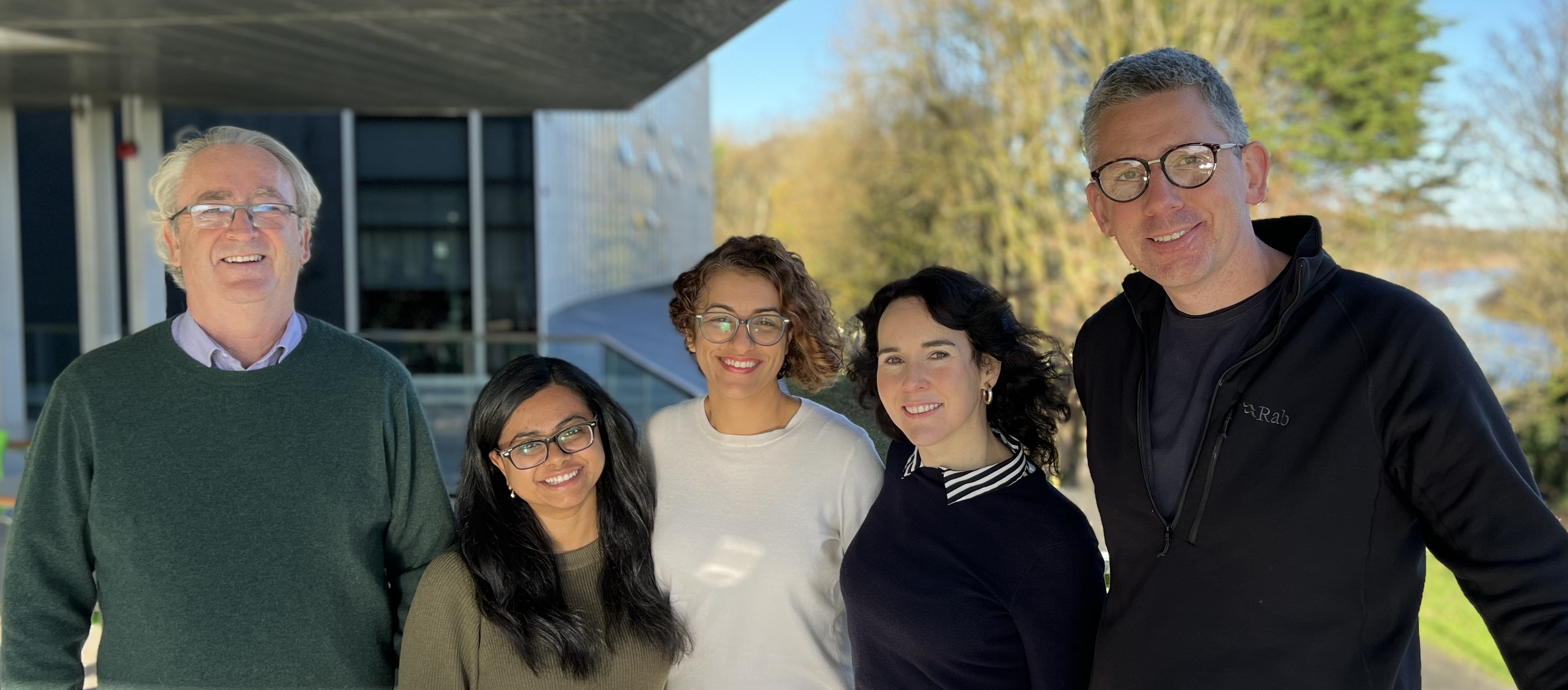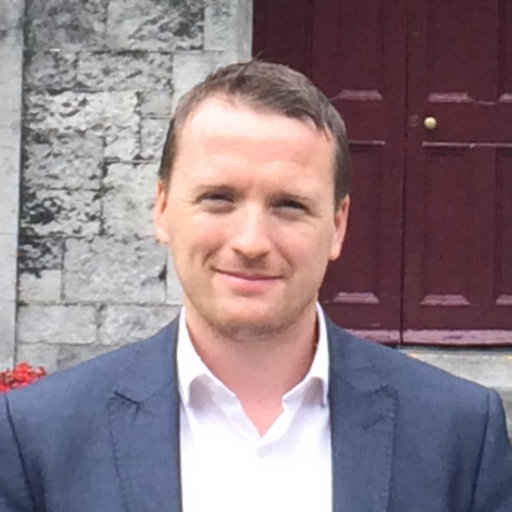
The creation of companies whose purpose is to turn research into societal impact is one of the core activities of the Innovation Office at University of Galway. These companies create new jobs and wealth in the region, and bring new innovations, products and services to the market.
The dynamic teams and people behind these companies are ambitious and collaborative, often continuing to partner with the university. We support further research collaborations and provide business guidance, incubation space and access to investment pathways.
In the last 3 years, we have spun-out 12 companies, bringing our number of current spin-outs to 28. They reinforce the region as an innovation ecosystem and a good place to do business now and in the future.
Read more below about three of these innovative companies.

Relevium is a female-led University of Galway biopharmaceutical spin-out developing novel gel-based treatments for painful joint disorders. Relevium’s proprietary technology was developed initially at the University of Galway. It is the first of its kind, offering superior pain relief to those suffering from knee osteoarthritis whilst also lubricating and protecting the knee joint. Relevium has had immense success in obtaining funding and investment both pre and post spin-out in highly competitive calls.
Knee osteoarthritis is a leading cause of disability with more that 560 million people suffering from the condition worldwide. Around a quarter of a million people here in Ireland suffer from the condition with no adequate treatment available at present. Although the risk of osteoarthritis increases with age and weight, a growing number of young people are also being diagnosed with the disease. Patients with knee osteoarthritis suffer with chronic pain for an average of 28 years from first diagnosis. This chronic pain impacts their physical, psychological and social wellbeing on a daily basis and results in a reduction in their overall quality of life. Relevium is a on a journey to change that and transform the lives of these patient.
Relevium is championed by CEO Alison Liddy, a trailblazer who while at University of Galway, led Science Foundation Ireland’s first-ever challenge-based award, the SFI Future Innovator Prize valued at €1.2million. During Alison’s time at the University of Galway, she joined forces with Dr Barry McDermott, with the team spinning out of university this year. Barry has taken on the role as CTO and Alison as CEO of Relevium.
The SFI award supports the development of novel, disruptive solutions that address significant societal challenges. A subsequent ERC proof of concept grant of €150,000 was awarded on the technology, with project collaborator Prof Martin O’Halloran , who subsequently this year secured the prestigious follow on (ERC) Consolidator award of €2 million to further advance the scientific development for the treatment. Under the initial SFI and ERC awards, the technology underwent extensive proof of concept testing for viability and efficacy and the results demonstrated long lasting pain relief superior to the current state of the art. The compelling data generated has been key in impressing investors and grant award committees alike. During the projects, Alison and her team developed novel IP and from there the momentum to establish Relevium blossomed.
Relevium
In 2022, Relevium received over €2 million in funding to develop its triple action injectable treatment. The funding was awarded under the European Commission’s first ever EIC transition call with the goal of supporting the transition of research results into innovation opportunities. Relevium was one of only two EIC transition grants funded in Ireland. The work planned is being carried out in collaboration with the University and will build upon the success of the initial IP generated. It will also explore the opportunity to target similar joint disorders in areas such as ankle and hip.
Also this year, the company was accepted onto the prestigious Y Combinator (YC) accelerator with an investment of $500,000 from the YC– with a 1.5% acceptance rate it is one of the most competitive accelerator programmes in the world with an esteemed alumni list. Y Combinator helps companies to refine their product and prepare for fundraising. Relevium is currently finalising a seed investment round, with investment already secured from YC and US-based Biotech angels.
Relevium is established within the Medtech cluster in Galway and maintains strong links with the University of Galway. It has the potential to create a number of highly skilled jobs across engineering, pharmaceuticals and industrial biopharma. As a female-led spin-out engaged in the European Women Founders’ group, Relevium and the University are working together to develop initiatives to ensure that female founders have the adequate support they need to thrive and successfully raise investment.
Relevium aims to have its first knee osteoarthritis treatment on the market in 2029 – a move that will offer hope to those who have long suffered with this debilitating under-investigated condition. The Innovation Office at the University of Galway has been a central part of the journey for Relevium. Regular consultation with the Innovation Office ensured that patent protection was obtained at the best time and that the protection strategy executed would provide for the company’s long term plans. The Innovation Office supported Relevium to move at record pace to spin out the company in May 2022 and subsequently structure the company appropriately to avail of their funding sources.
Alongside their success, the founders and the Innovation Office are working together to develop initiatives to support and encourage female founders.

Aquila Bioscienc
Aquila Bioscience is a University of Galway spin-out, based in the university’s business incubator, which is bringing its decontamination technology to the battle against a number of infectious diseases including COVID-19.
Founded in 2012 by Lokesh Joshi, Professor of Glycosciences, during its early years as an incubator company, Aquila was funded by grants from the European Union and European Defence Agency to undertake numerous ground-breaking research projects in the detection and decontamination of bacterial and viral pathogens. This research laid the foundation for a proprietary technology, which is now incorporated into Anti Bioagent Decontamination (ABD) wipes and actively deployed by frontline organisations against biothreat agents.
Aquila Bioscience originally set about examining new technologies to remove and capture bioagents such as Ricin or Anthrax from soldiers contaminated on the battlefield, or upon exposure to contaminated materials such as anthrax-laced letters. From this research, Aquila discovered a novel approach that will revolutionise the way we deal with bioagent threats and infectious diseases, not only on the battlefield but those that cross human society.
Rather than killing the pathogens with harsh chemicals, Aquila uses a nature-inspired technology that captures them in a secure and safe way, thus making them harmless. Nature’s mechanisms of protection from pathogens have evolved over millennia and keep us safe every day from the pathogens we inhale and ingest. Aquila’s technology mimics nature by using complex glycans (sugar molecules) that are specifically designed to attach onto the protein spikes of pathogens – such as the ‘corona’ spikes of the SARS-CoV-2 virus and bacterial proteins. Once the glycans are attached, the virus and bacteria become neutralised. This strategy works like a ‘biological velcro’, where molecules in Aquila’s technology bind to pathogens without using any harmful chemicals such as alcohol, bleach, or ammonium-based compounds.
As the underlying proprietary technology, known as Pathogen Capture Technology (PCT), does not require dangerous chemicals to work – this technology can be safely used on sensitive areas of the human body, including the eyes, nose and mouth, as well as on sensitive equipment. This also means it is considerably safer for the environment – underpinning Aquila’s commitment to supporting UN Sustainability Goals by developing environmentally sustainable and safer healthcare technologies for the protection against infectious diseases.
COVID-19 has affected every life on this planet and traditional disinfectants played their part in preventing viral transmission. However, the environmental impact of these disinfectants is massive and some of the effects will last for centuries to come. As COVID-19 surged in spring 2020, Aquila rose to the challenge and commenced delivery of its safe and effective anti-bioagent decontamination (ABD) wipes to frontline services. ABDs have been now used by Irish frontline workers in the defence forces, healthcare, nursing homes, postal services and other settings, protecting the most vulnerable members of society.
In June 2020, the company received prestigious funding from the European Innovation Council’s Accelerator Award, which has allowed Aquila to make further progress in its unique pathogen capture technology and production of the products. The company, which currently employs 12 people, has delivered over 250,000 ABDs globally to a number of organisations.
University of Galway and its Innovation Office have supported Aquila since its inception. Aquila’s principal research scientists have all been trained by University of Galway, and connections to global research institutions have been leveraged and instrumental in advancing the core science. University of Galway licensed key enabling know-how to Aquila to ensure it was positioned to maximise expertise and experience built up from over a decade of research. Aquila has drawn heavily from the incubator, business and strategic planning supports which have proved crucial in securing funding as further evidenced by Aquila’s recent EIC Accelerator award.
Read more about Aquila Bioscience in the research impact case study, “Protecting Lives While Harnessing the Power of Nature”.

VorTech
University of Galway spin-out VorTech Water Solutions, is bringing highly disruptive mixing technology based on cyclonic principles to deliver lower cost and higher efficiencies to the energy intensive wastewater industry. Enterprise Ireland supported the successful development of the technology under its commercialisation fund from 2016 to 2019.
Having studied vortex flows extensively during his doctoral research and considered the use of cyclonic principles to recover hydroelectric power, Dr Sean Mulligan engaged with Enterprise Ireland (EI) and University of Galway to explore the use of the EI Commercialisation Fund program to develop a commercial proposition. In what was a virtuous cycle between the support provided by Enterprise Ireland, along with the facilities and expertise at the University of Galway and the research team (comprising also Dr Eoghan Clifford, Peter Leonard and Alan Carty) a particularly strong commercial proposition was created.
The company launched in 2019, and was immediately challenged by the Covid 19 pandemic, but has shown its resilience by adapting its business model to leverage its strength in fluid dynamics to create a complementary, high-value hydraulic infrastructure simulation services to the industry.
With this dual track strategy, the company is active across both the industrial and municipal sector through energy efficient upgrades and high value simulation services.
University of Galway has supported the company from its inception through all stages of its formation and evolution and continues to be a key part of its R&D strategy as it operates in a highly regulated sector.
Aeration is a key step in the wastewater treatment process where wastewater is oxygenated to accelerate the breakdown of pollutants. Traditional approaches to aeration can be very energy inefficient and have remained unchanged for decades. With an energy demand approaching 2% of the world’s energy requirements and growing, as wastewater treatment becomes more prevalent in the developing world, the reliance on old, energy inefficient mechanisms must be addressed in future years.
Through the commercialisation fund support, a near life size prototype was built, and a full-scale pilot was built and deployed in a University of Galway wastewater treatment testing facility. The project team sought and secured Sustainable Energy Authority of Ireland (SEAI) funding for trial site deployment at an operational wastewater facility. The Enterprise Ireland Business Partner Programme was used to bring on additional commercial expertise to lead the business development effort. Upon completion of the Commercialisation Fund, the company spun out from University of Galway.
Infrastructure deployed in this sector is expected to have a lifetime that spans decades. Therefore, in the adoption of new technologies, performance and durability must be carefully considered in whole lifecycle cost assessments. With this in mind, VorTech has adapted its strategy to designing robust, modular drop-in versions of its technology for additive low risk deployments. The company now has four commercial deployments of its Vortex Powered Aeration technology, including one at a major food distributor in the United Kingdom. It has also carried out many CFD design validation and optimisation projects domestically and internationally as far as New Zealand and the middle east on major water and wastewater infrastructure projects.